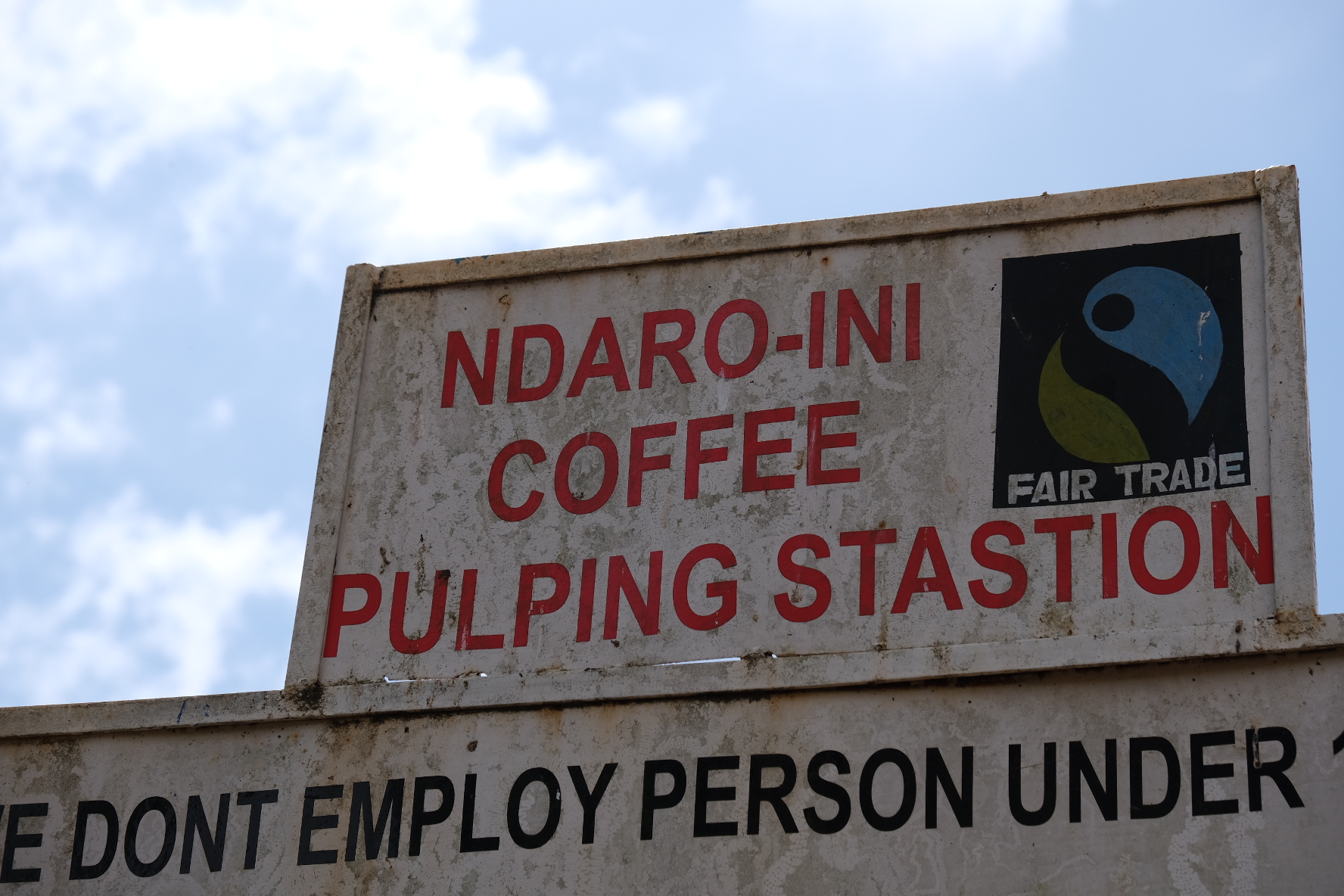Kenya Nyeri Ndaroini FCS AA – 11NG1009 – 28052 – 30.0 kg Box/Vacuum Pack – SPOT SHANGHAI
Position Spot
Bags 0
Warehouses Shanghai
Flavor Profile Blood orange, cranberry, caramel, clean, juicy
Please Note This coffee landed more than 8 months ago.
Out of stock
About this coffee
Grower
3200 smallholder coffee farmers organized around the Ndaroini Factory
Altitude
1600 - 1800 masl
Variety
SL28, SL34, Ruiru 11, and Batian
Soil
Volcanic loam
Region
Nyeri County, Kenya
Process
Fully washed and dried on raised beds
Harvest
May - June
Certification
Conventional
Coffee Background
Mt. Kenya, at the helm of Kenya’s Central Province, is the second tallest peak on the continent of Africa and a commanding natural presence. The mountain itself is a single point inside a vast and surreal thicket of ascending national forest and active game protection communities. The central counties of Kenya extend from the center of the national park, like five irregular pie slices, with their points meeting at the peak of the mountain. It is along the lower edge of these forests where, in wet, high elevation communities with mineral-rich soil (Mt. Kenya is a stratovolcano) many believe the best coffees in Kenya, often the world, are crafted.
Nyeri is perhaps the most well-known of these central counties, and sits between Mt. Kenya to the north, and the Aberdare mountain range to the West, whose combined climates provide cool air, ample groundwater, and reliable precipitation throughout the year, allowing coffee to be comfortably grown at high altitudes and supporting fully-washed processing throughout the region.
Kenya’s coffee is dominated by a cooperative system of production, whose members vote on representation, marketing and milling contracts for their coffee, as well as profit allocation. For many years Ndaroini was a cooperative that belonged to a well-known Nyeri cooperative society, Gikanda Farmers Cooperative Society. However; 3 harvests ago the cooperative split from Gikanda to establish its own society and is now officially Ndaroini Farmers Cooperative Society, or Ndaroini FCS. Other than organizational independence little has changed with Ndaroini’s operations: its farmer members, as is common throughout Kenya, tend very small, diversified personal plots averaging 1 acre apiece, and typically including only about 200 trees. Water for processing at Ndaroini is drawn from the nearby Ragati river and is re-circulated throughout the various processing steps as cleanliness allows for conservation. The biggest upgrade since independence for Ndaroini has been the replacement of their McKinnon disc pulper with a far more water-efficient eco-pulper, the kind of machine that uses friction and water pressure to depulp cherry and loosen the coffee’s mucilage, which dramatically reduces water usage and can also reduce the fermentation time required to clean the seed. Once the parchment is fully fermented it is dried on raised screen beds for 10-14 days, and then bulked and conditioned on site to allow moisture to equilibrate and the flavors to stabilize prior to delivering to the dry mill.





